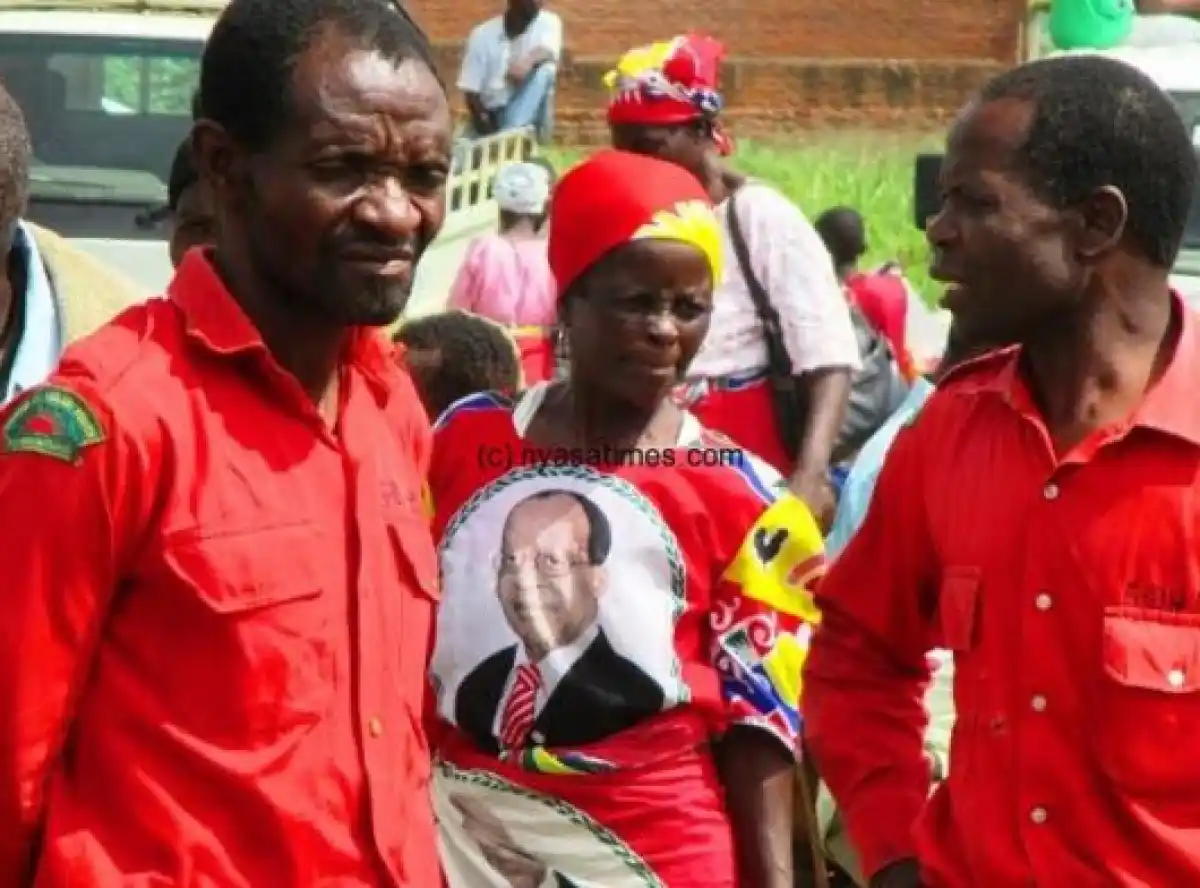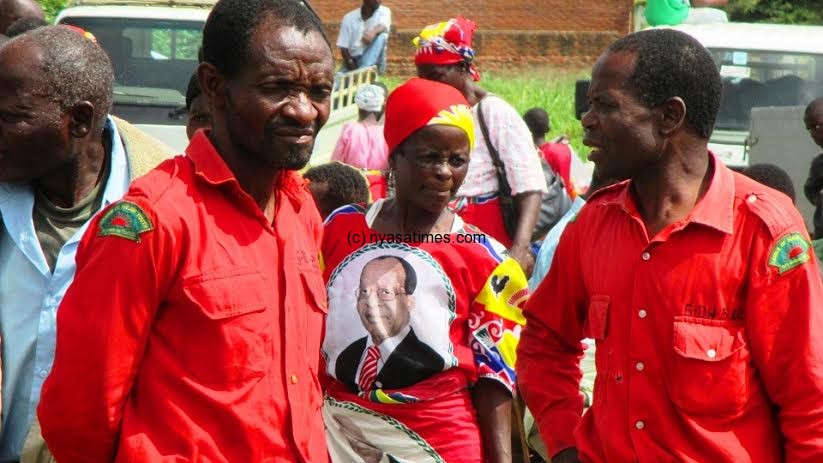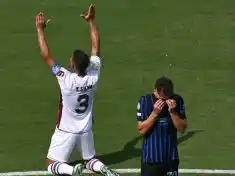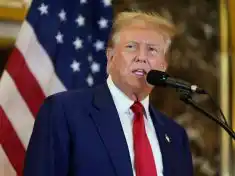

Recent political shifts in Malawi have left the Malawi Congress Party (MCP) increasingly uneasy as a growing number of prominent figures from various sectors are rumored to be joining the UTM Party.
This wave of influential individuals aligning with UTM underscores the party’s expanding influence and has evidently rattled MCP, revealing their deep-seated concerns.
Among those speculated to be joining UTM are notable names such as Onjezani Kenani, Dr. Mathews Mtumbuka, Dr. Nthara, Dr. Kabambe, Walter Nyamilandu, Mavuto Bamusi, Vitumbiko Mumba, and Dr. Alex Phiri.
The possibility of these figures lending their support to UTM has sent shockwaves through the political arena, further intensifying MCP’s discomfort.
A key driver behind this surge of support for UTM is the widespread sentiment that the late Dr. Saulos Chilima’s vision must be fulfilled.
Many of those now gravitating towards UTM are motivated by a deep sense of injustice over the way the late Vice President was treated during his lifetime, particularly the concerning incidents surrounding his tragic disappearance.
The events surrounding the plane disappearance from the ladder, the delayed rescue efforts, and the perceived neglect in those critical moments have left a lasting impact on the nation.
This has fueled a growing determination among supporters to see Dr. Chilima’s dreams for Malawi realized through UTM.
In response to these developments, MCP has seemingly resorted to a campaign of discrediting these potential UTM members, labeling each as a “presidential candidate” in an apparent attempt to create confusion and discord within UTM.
This tactic, however, may be interpreted as a sign of desperation, as MCP struggles to maintain its influence in the face of UTM’s rising prominence.
Moreover, the influx of these prominent figures into UTM is a testament to the strength of the party’s message and its appeal across different sectors of society.
MCP’s discomfort is clearly rooted in the realization that UTM is becoming an increasingly formidable political force, one that is gaining momentum through a coalition of leaders united by a shared vision for Malawi’s future.
As the political landscape continues to evolve, it remains to be seen how MCP will navigate these challenges. Their reaction suggests an increasing concern over UTM’s growing influence and the potential shift in power dynamics that may follow.
Meanwhile, UTM, driven by the desire to honor Dr. Chilima’s legacy, appears well-positioned to continue its growth and solidify its place in Malawian politics.






0 Comments